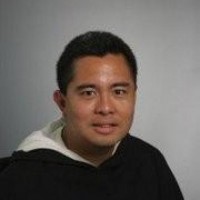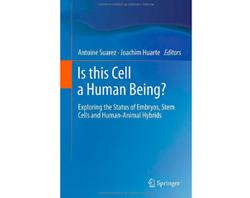Since January 20th, we’ve seen the debate over the value of embryonic stem research get a boost from the President who reversed President Bush’s ban on embryonic stem cell research and now a prominent medical researcher has made the claim that the stem cell debate is dead. In effect, this researcher has confirmed what other lesser known researchers have already said and what the Catholic Church has also said on this subject: the only hope to cure certain diseases is in adult stem cell research. However, the politics of the use of embryonic stem cell cuts close to home for many since the hope, albeit false hope, is place in the “new cells” which would grow into new, healthy cells and stall if not reverse medical problems and give people with chronic medical problems a new life; what the media got hoodwinked by is the prominence of likeable actors as proponents of anything that would save their lives from diminishment and death. The fact is no meaningful change in the lives who suffer with neurological diseases has happened as a result of therapies involving stem cells taken from embryos.
No one would in their right mind would not want to find a cure for the world’s heinous diseases. Catholics affirm the beauty of life, not desire for death. To think otherwise would be barbarous. Considering the witness of Pope John Paul II who lived with Parkinson’s is astonishing example of how to live and to die with complete human dignity; he was able to live with intensity because of his humanity which never in knowing that he did not make himself. That is, the pope had a radical dependence on God as maker and sustainer of the universe. But the example of John Paul is not enough to quiet the mind and the heart in the face of disease especially when it is yourself or a loved one. Many reason that it’s a matter of life and death “to do everything reasonably possible” to save a person from the ill-effects of disease, or the one should say the quality of one’s life and death that makes the issue heart-wrenching, even to the point using cells from aborted babies. Any thinking man or woman desires to help the vulnerable. It is, however, a question of doing right science, for the right reasons which protects all human life, including the person living with ALS and the unborn baby. The problem with embryonic stems that right science tells us, is that they come from aborted babies and there is no evidence that they would do what is purported that they would do.
Last week America‘s oracle and Obama supprter, Oprah Winfrey, had on her daily TV program Dr. Mehmet Oz and Michael J. Fox (who lives with Parkinson’s) to discuss the matter of stem cell research. Tom Hoopes of the National Catholic Register writes about it. Read the article here.
You may also want to read a booklet title Understanding Stem Cell Research: Controversy and Promise by Dominican Father Nicanor Austriaco, PhD. The author takes the reader through the issues and clearly explains the science and hope that current research proposes.
Josh Brahm’s essay “9 Things the Media Messed Up About the Obama Stem Cell Story” is worth reading.


